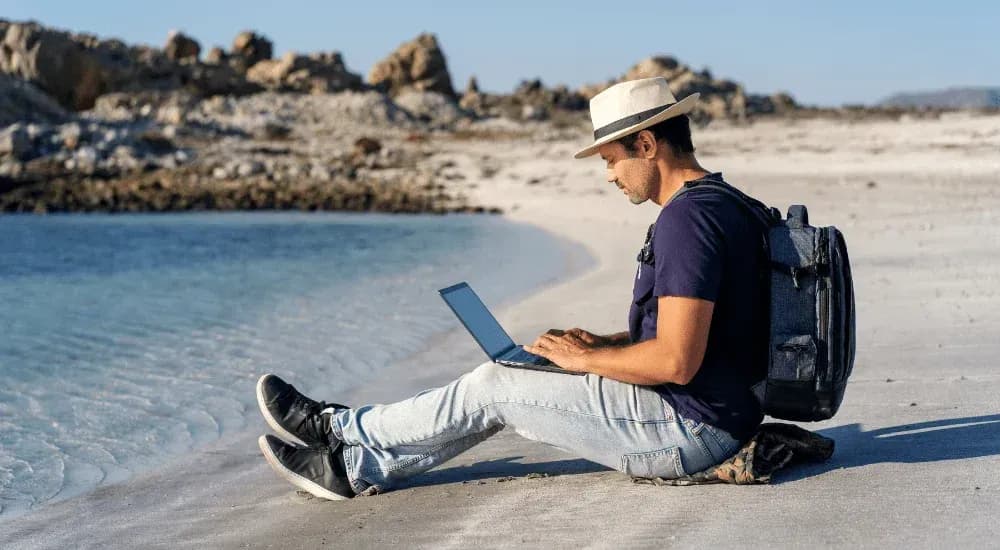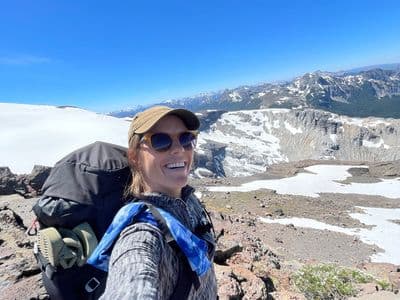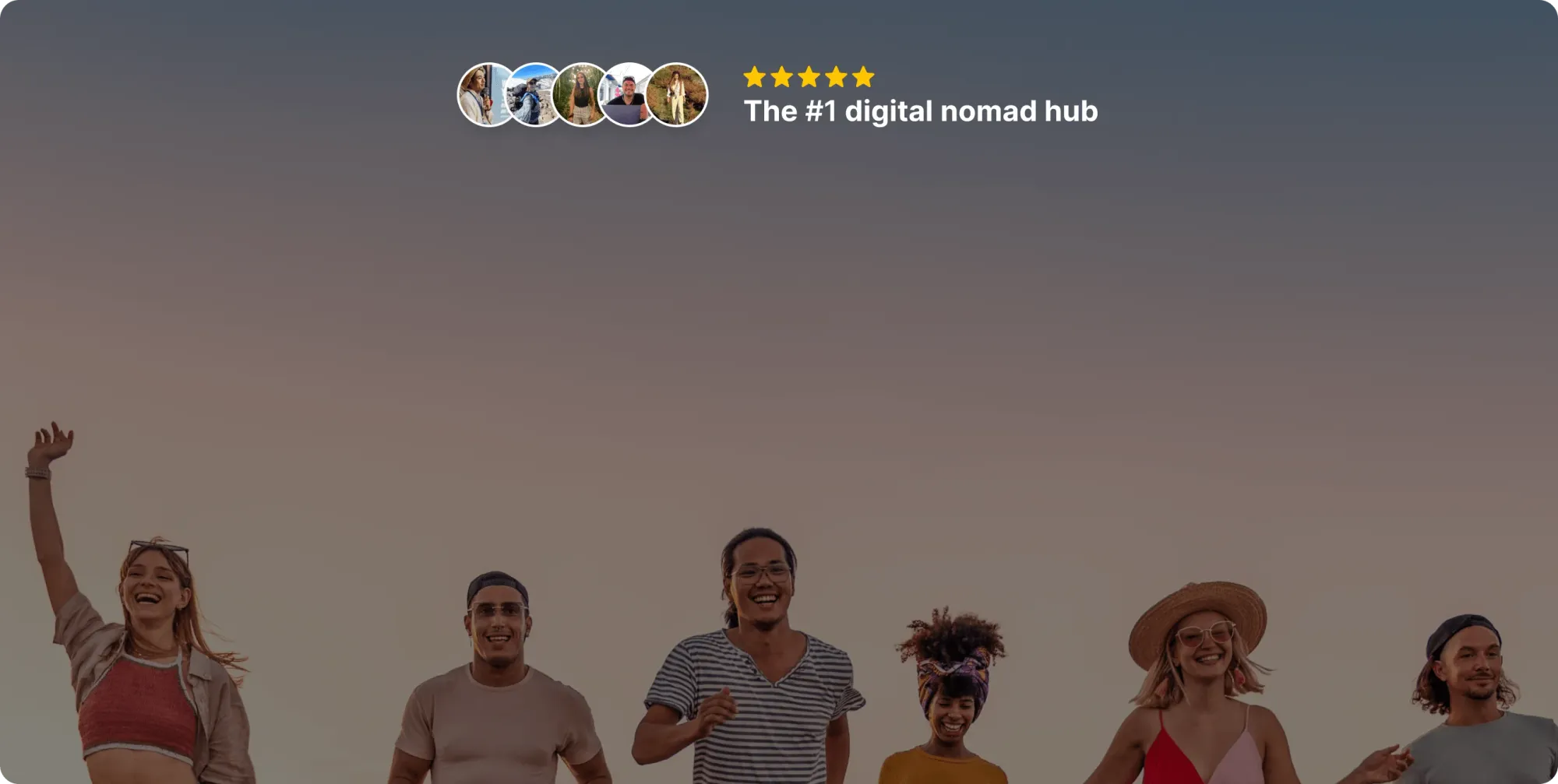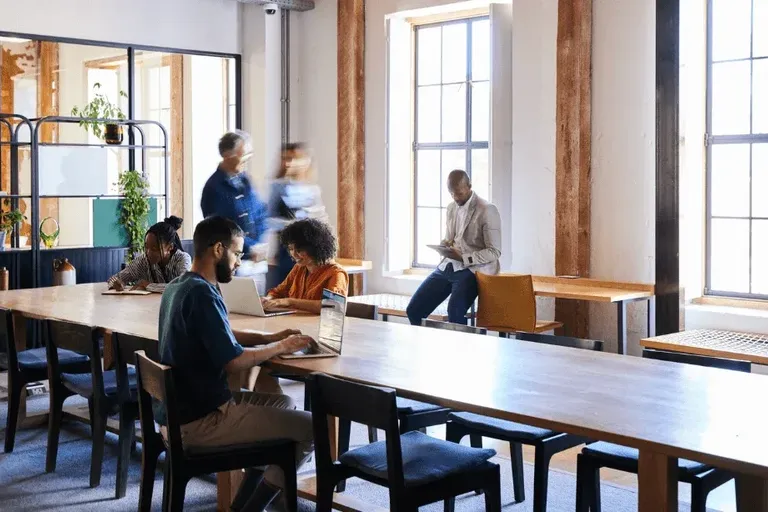How Much Money Do You Need to Become a Digital Nomad?
Discover how to budget for digital nomad life. From startup costs to monthly expenses, plus smart tips to save money while living abroad.


A lot of people assume the digital nomad lifestyle is reserved for top-tier freelancers, influencers, or those who just got lucky.
But the truth is, you don’t need to be rich to live and work from anywhere. What you really need is a clear plan and a bit of flexibility.
These days, you’ll find affordable places all over the world where you can start your journey, no matter your income level. With the rise of digital nomad visas, nomad communities, and coworking spaces on nearly every continent, becoming a digital nomad is more accessible than ever.
In this guide, we’ll break down how much money you actually need to get started, what a realistic monthly budget looks like, and how to keep your nomadic lifestyle sustainable in the long run.
Upfront Costs to Become a Digital Nomad
Before you decide on your first destination, there are a few things you’ll need to sort out... and yeah, they come with a price tag. Let’s break it down.
Gear & Setup
Your work setup is going to be your ride-or-die on the road. You don’t need anything fancy, just stuff that works and won’t let you down. A good laptop, a reliable phone, noise-cancelling headphones, and a backpack that can handle all of it.
A power bank is one of those things you’ll be grateful for when your battery dies at the worst possible time.
And seriously, get yourself a VPN. It’ll protect your data when you’re using sketchy Wi-Fi and help you access stuff that might be blocked depending on where you are. Most of them are very affordable if you pay yearly.
Flights & First Month Abroad
Your one-way ticket and first month of living expenses will probably be your biggest upfront costs. Flights can vary a lot depending on where you’re going, but you can save big by booking early, being flexible with your dates, and using tools like Skyscanner.
You can also shave off some costs by packing light (carry-on only) and being open to longer routes with stopovers. They’re usually cheaper, and hey, maybe you get a bonus layover adventure!
Accommodation-wise, some places might ask for a deposit or require a few weeks paid upfront, so keep that in mind when budgeting your first month.
Insurance & Paperwork
Health insurance might not be the most exciting thing to think about, but it’s absolutely non-negotiable. Some countries won’t even let you in without it, and if something happens while you’re abroad, it could save you from a massive bill.
Also, don’t forget about visa costs. Some countries require you to apply in advance or pay for digital nomad visas, which are becoming more and more common.
Ongoing Monthly Expenses as a Digital Nomad
Once you’re set up, your monthly costs will mostly depend on where you are, how you like to live, and whether you’re flying solo or traveling with a partner. Here's what to expect:
Rent & Accommodation
Housing is usually your biggest recurring cost. You’ve got options: private apartments, coliving spaces, hostels, or even short-term room rentals. Monthly stays are almost always cheaper than nightly rates, and longer bookings often come with big discounts.
In budget-friendly spots like Southeast Asia, you can land a simple apartment for around $400/month. In Europe or the US, expect to pay more. If you're a couple, you’ll likely want a bigger place, but you can split the cost.
Transportation
This one depends on how much you move around. Stick to one city for a while and your transportation budget will be minimal. In walkable places or cities with solid public transport, you might get by with just a metro card or a rented scooter.
Flying between countries every few weeks? That’ll quickly eat into your budget.
Food & Groceries
How much you spend on food totally depends on the country. In places like Thailand or Vietnam, street food and casual restaurants can be cheaper than cooking. In Europe or North America, restaurants get pricey fast, so grocery runs and cooking at home can help you save.
Fun & Experiences
Part of the whole point of this lifestyle is living it up, right? Whether it’s a surf lesson, weekend trip, coworking meetup, or cooking class, it’s worth setting aside a little something for experiences.
Budget vs. Pricey Locations as a Digital Nomad
One of the best things about being a digital nomad is that you can choose a destination that matches your budget. Here's how costs can vary depending on where you go:
Budget-Friendly Destinations
Thailand, Vietnam, Colombia, and similar places let you stretch your money a lot further. Take Chiang Mai, for example, it's a digital nomad classic for a reason. You can find rent around $500/month, eat out for under $10 a day, and grab a coworking pass for about $100/month.
Mid-Range Destinations
Cities like Valencia, Lisbon, or Mexico City offer a great balance of affordability and lifestyle. They're walkable, have solid Wi-Fi, great food scenes, and active nomad communities. Costs are a bit higher than in Southeast Asia, but still manageable.
High-Cost Destinations
Now, if you’re eyeing places like New York City, Tokyo, or Melbourne... Prepare for a much higher cost of living! These cities are incredible, but unless you’ve already got a stable income in USD or EUR, they’re not ideal for starting out. They’re better suited for experienced nomads who’ve got their finances dialed in.
How Much Should You Save Before Starting Out?
It’s totally normal not to make money right away. So, having some savings before you take off is a very good idea. It gives you peace of mind and a bit of breathing room as you figure things out.
From experience, having at least 3 months’ worth of living expenses saved up for your first destination is a solid buffer. Here’s a rough guide:
- Bare minimum (ultra-budget mode): ~$3,000 USD
- Ideal savings: $5,000–$10,000 USD — this gives you more flexibility and freedom to explore
If you can start building some online income before quitting your current job, even better. Testing the waters while you still have a steady paycheck makes the transition way smoother and less stressful. These are big life shifts, and easing into it often works best!
How to Fund Your Digital Nomad Life
There are so many ways to make money online. Yes, even if you’re just starting out. You’ve got skills, knowledge, or experiences that someone out there needs. It’s just about finding the right outlet.
Here are a few of the most common paths:
- Remote jobs: Work for a company from anywhere in the world in roles like customer support, marketing, writing, design, or development.
- Freelance or project-based work: Offer your services on platforms like Upwork, Fiverr, FlexJobs, or Remote OK.
- Passive or semi-passive income: Create an online course, write an ebook, build an affiliate site, or run a dropshipping store—things that don’t require you to be online 24/7.
Final Tips to Stretch Your Budget
If you're working with a limited budget or just want to make your money go further, here are a few ways to save while still enjoying the ride:
- Plan ahead: Booking in advance almost always gets you better deals.
- Slow travel: The less you move around, the more you save. Long stays mean fewer flights and cheaper rent.
- Cook when you can: Especially in pricey countries, cooking your own meals saves a ton.
- Travel off-season: Cheaper flights, cheaper stays, and fewer crowds. Win-win-win.
- Spend smart: You don’t need the newest tech or travel gear. Pack the essentials and avoid buying things you won’t actually use.
- Use eSIMs: Avoid international roaming charges by switching to local data plans.
- Volunteer or house-sit: Trade your time or pet-sitting skills for free accommodation.
- Self storage: Decide early on if you're going to use self storage for your stuff when moving. If your plans include self storage, research the local market for the best prices.
Ready to Start your Digital Nomad Journey?

Join our global
digital nomad community
Join us for free
Freaking Nomads is supported by you. Clicking through our links may earn us a small affiliate commission, and that's what allows us to keep producing free, helpful content. Learn more
Read Next


Are Coworking Spaces Worth It?


Top Digital Nomad Visas in Schengen Countries


